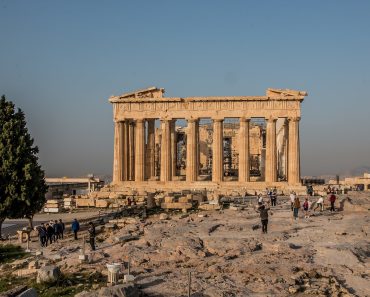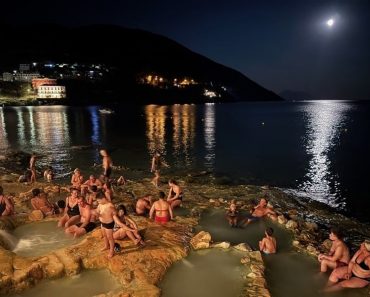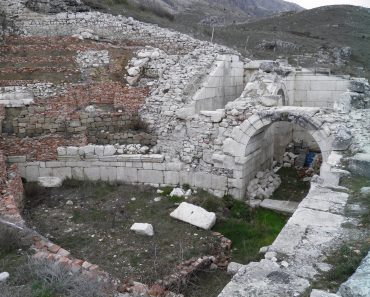In a country known for its impressive ancient ruins and postcard-perfect islands, a small museum nestled in the shadow of Meteora’s towering monoliths is quietly revolutionizing the way Greece showcases its natural treasures.
Unlike Greece’s well-known archaeological museums, the Meteora Museum of Natural History and Mushrooms, located in Kalabaka, Central Greece, invites visitors into the living world: one filled with birds, mammals, and an extraordinary variety of Greek mushrooms.
The goal, says Museum Director Nikos Pallas, is to use the museum’s ever-growing collections and award-winning mushroom-based products to forge deeper connections between people, nature, and traditions.
Engaging with Truffles
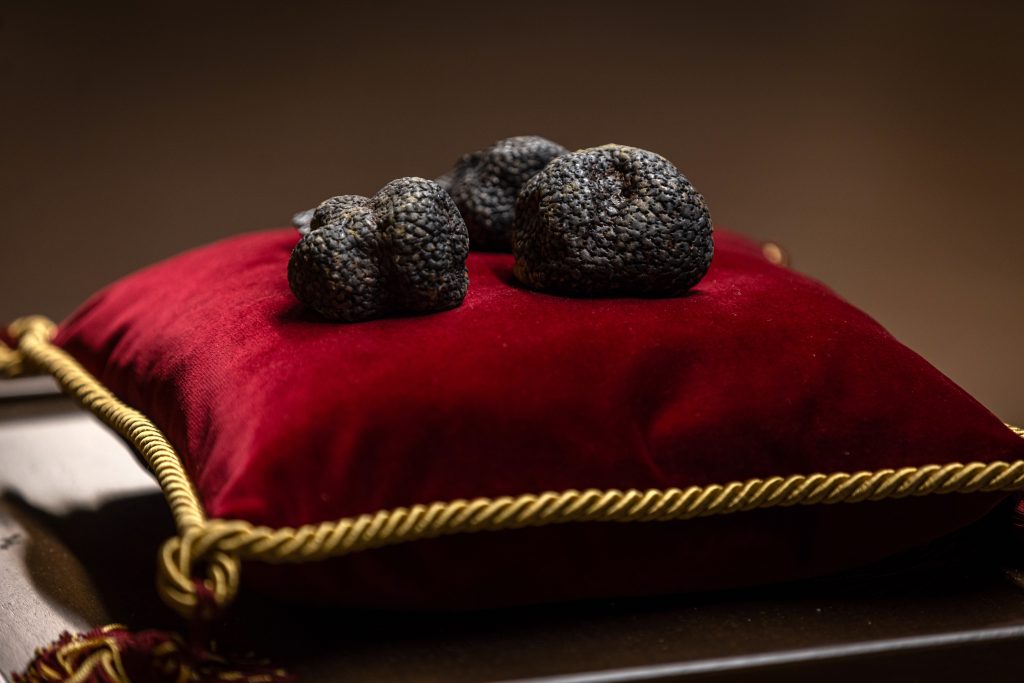
Photo: Meteora Natural History and Mushroom Museum
Located at the foot of Meteora—one of Greece’s most iconic landscapes, a UNESCO World Heritage Site, and home to one of the country’s most important monastic communities—the museum has won more than 100 awards, including the Specialist Awards 2025 and the Mediterranean Taste Awards, for a number of its specialty food products: truffle pastes, dehydrated black trumpets, and mushroom-infused noodles.
Since opening in 2014, the museum has grown into one of Europe’s most awarded thematic museums. By combining native wildlife exhibits with culinary innovation and immersive learning, it is redefining what cultural and museum experiences can look like in Greece. And visitors clearly agree. According to TripAdvisor reviews, the museum ranks sixth among 1,365 European natural history museums and first in Greece.
Pallas attributes this success to the high quality of the museum’s exhibits and services, continuous efforts to upgrade the visitor experience, and the love, dedication and hard work of its staff.
Learning that Inspires
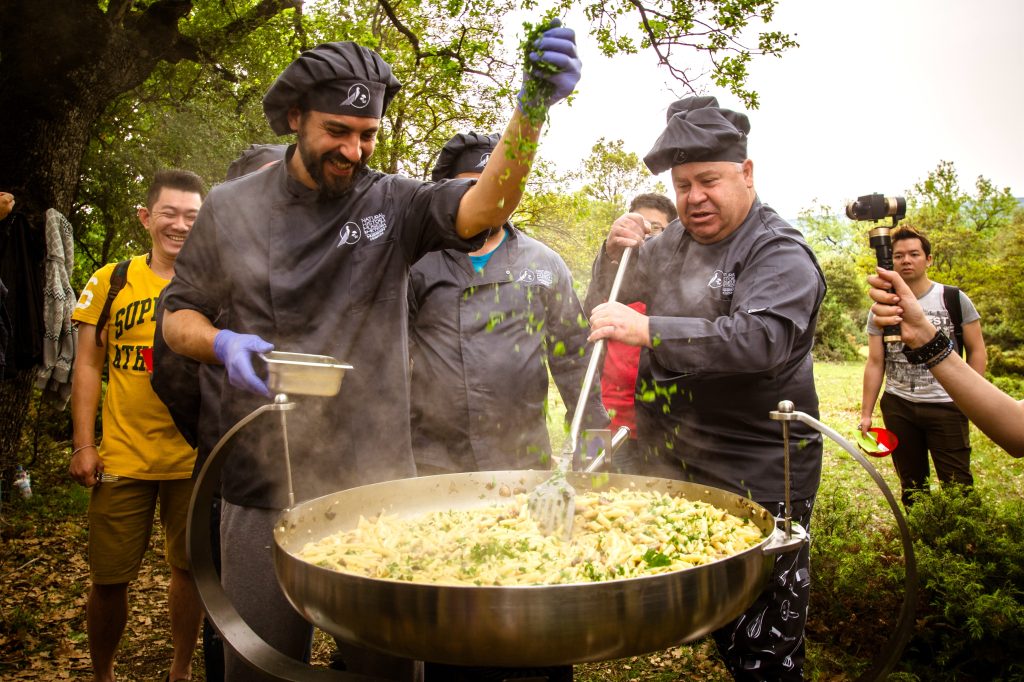
Photo: Meteora Natural History and Mushroom Museum
The museum isn’t just about displays; it’s also about discovery. Every year, it welcomes some 500 schools from across Greece for interactive educational programs focused on natural history, environmental protection, and, of course, mushrooms.
“Our aim is to make learning entertaining,” Pallas tells TO BHMA International Edition. “Education should be engaging, hands-on, and foster a real connection with nature, science, and local tradition.”
Visitors of all ages are encouraged to vote for their favorite exhibits, and every tour is designed to spark curiosity and respect for the environment.
Greek Mushrooms and More
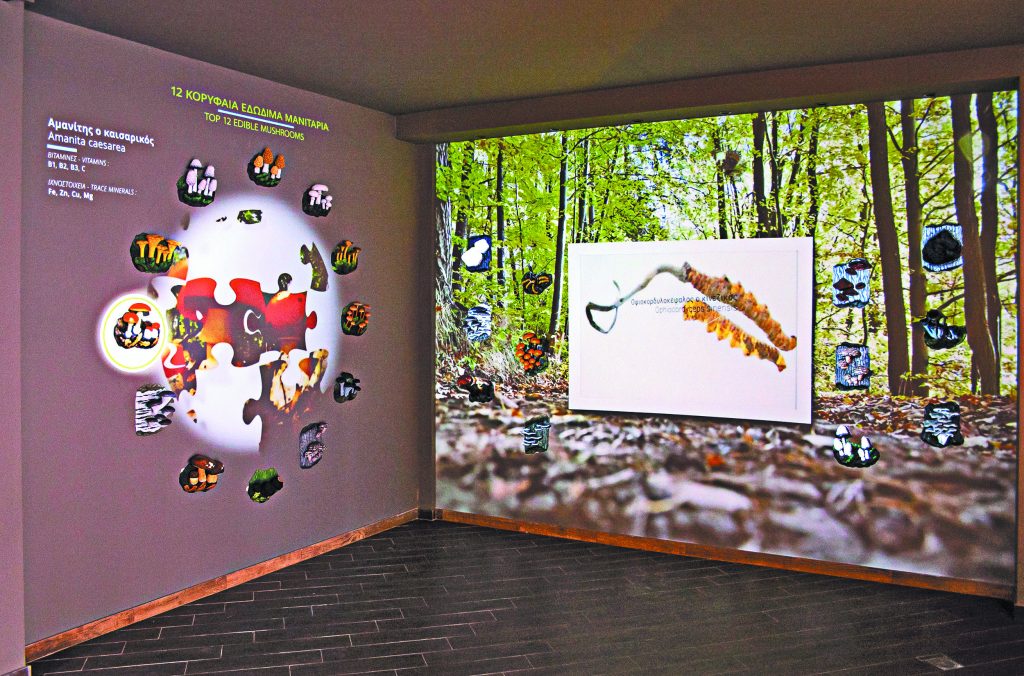
Photo: Meteora Museum of Natural History and Mushrooms
In addition to its natural history exhibits, the museum is renowned for its amazing mushroom collection and related happenings—truffle hunting experiences, tastings, seminars and an annual truffle festival—that attract families, schools, and nature lovers from across the globe.
“The mushroom collection is unique, one of a handful in the world in terms of its size and thematic presentation,” Pallas tells TO BHMA International Edition.
One of the museum’s standout events is the annual Truffle Festival, which is now a regional institution. Everything is offered for free, says Pallas, including truffle hunts, seminars, mushroom picking, cooking demonstrations, forest-to-table tastings, concerts, cultural events, and activities for children
Last year alone, we welcomed 15,000 visitors. Fifty chefs prepared and shared some 20,000 portions of mushroom-based dishes! By taking part in the events, participants gain an appreciation for the truffle and learn its secrets, how it’s cultivated, and the role mushrooms play as essential natural recyclers—and all for free,” Pallas explains. Through this experience and others, we want people to understand mushrooms as a fundamental part of nature’s ecosystem.
A particularly popular initiative is the newly launched “Nights at the Museum”. After sunset, the museum opens to small groups for private storytelling tours complete with thematic videos, forest soundscapes, special lighting, and mushroom tastings. “It’s a fully immersive experience,” says Pallas. “It’s not just about seeing; it’s about feeling nature.”
He goes on to add that the feedback so far has been especially positive, and “we anticipate continued success.”
From Forest to Fork
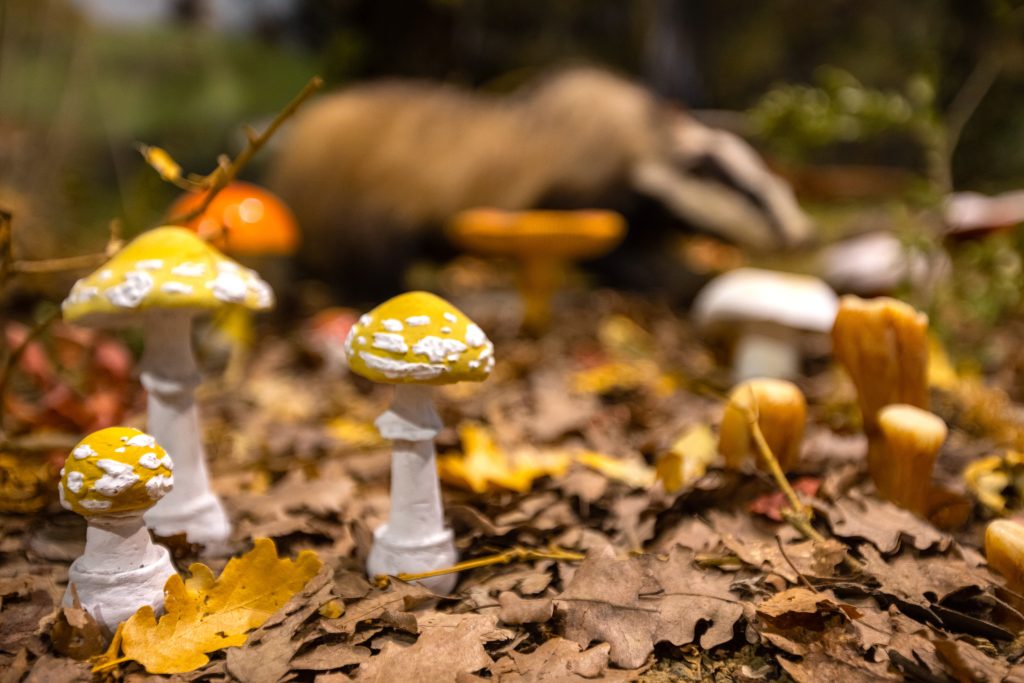
Photo: Meteora Natural History and Mushroom Museum
Beyond its educational mission, the museum is also a leader in the production of unique mushroom products.
Taste and innovation are key priorities, says Pallas. “We produce over 90 mushroom and truffle products. Many are based on traditional Greek recipes and enhanced with modern flavors. We collaborate with food experts and the University of Thessaly to achieve authentic, balanced flavors using quality raw materials. That’s our main secret. This is where science meets taste and nature becomes creation.”
The museum also collaborates with many environmental organizations and universities, including the National and Kapodistrian University of Athens.
“Our latest innovation is a mushroom bar in four flavors,” he says. “It’s the first of its kind in Greece and Europe.”
To promote its activities and grow, the Meteora Museum also participates in international exhibitions and events, along with local mushroom foragers and producers.
“These collaborations have strengthened our credibility, expanded our reach, and contributed to the museum’s ongoing development,” Pallas says. “They’ve also helped increase our knowledge, experience, and visibility.”
The museum’s in-house magazine, FysiOrama, its on-site cafe and e-shop—offering mushroom and truffle products, books, souvenirs, and mushroom collector accessories—and its info center, which provides guidance on accommodation and experiences in Meteora, all help deepen the museum’s connection with locals and visitors alike.
Sustainability through Innovation
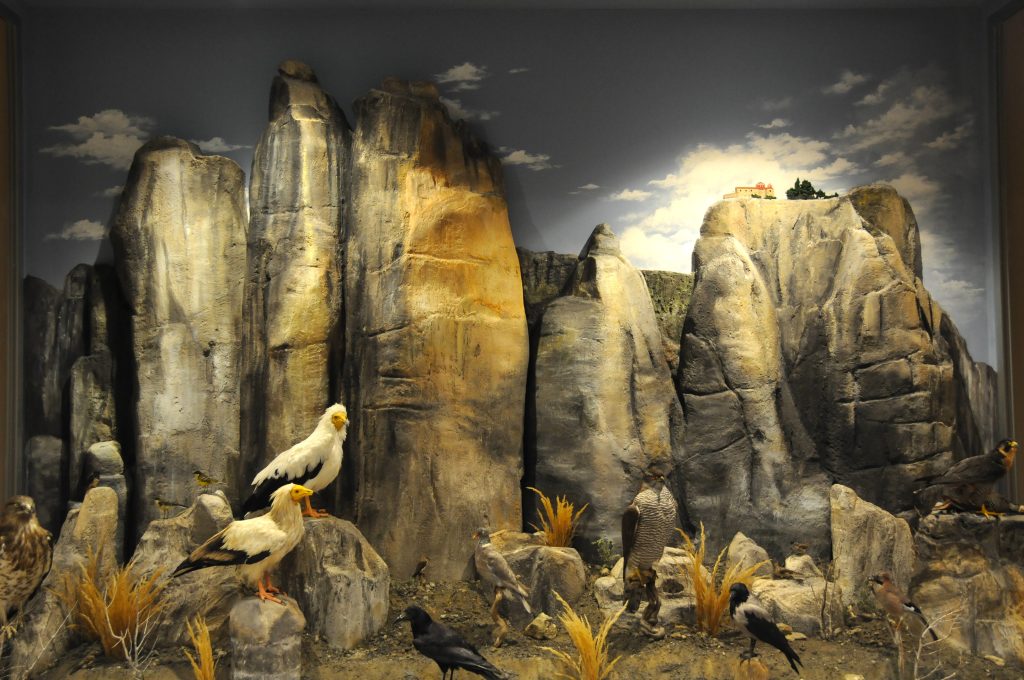
Photo: Meteora Natural History and Mushroom Museum
What of the future? New exhibits, new products, and new events are always in the pipeline, Pallas says. There can be no other way: as a privately-run institution, financial independence is vital and viability an ongoing challenge. “Stagnation is the greatest enemy of any museum.”
“We must keep on evolving. Continuous innovation and financial models rooted in the museum’s core themes—nature, food, and education—are what keep us alive.” Programs like the Truffle Hunt, product sales, and event hosting help fund free services, especially those relzated to environmental and cultural initiatives. The same applies to the museum’s mushroom products and other activities including school programs and cultural events.
* The Meteora Museum of Natural History and Mushrooms is located in Kalabaka, near Trikala, Central Greece, and is open Monday to Friday from 10:00 to 18:00 and on weekends between 10:00 and 18:00. Find tickets on the official site.


